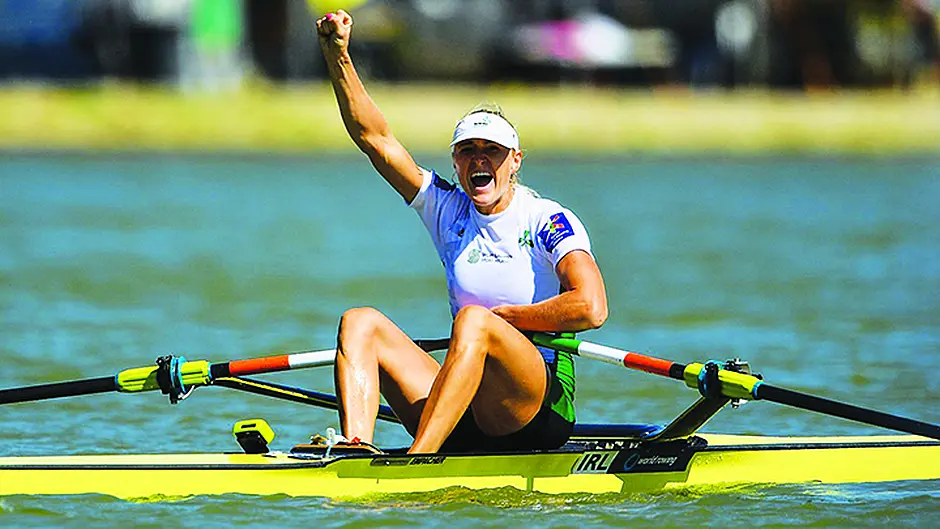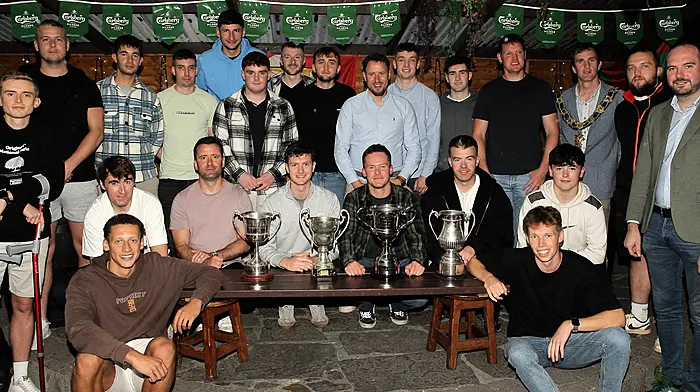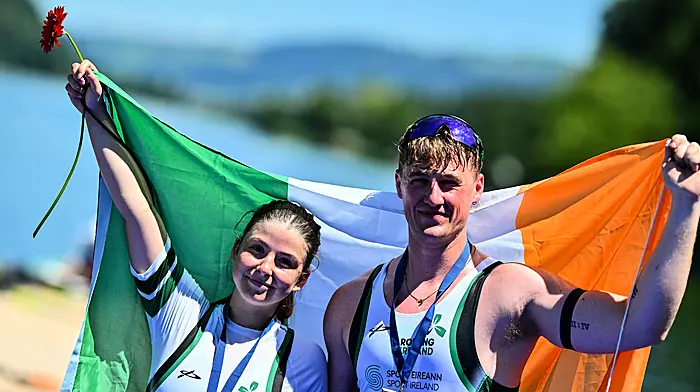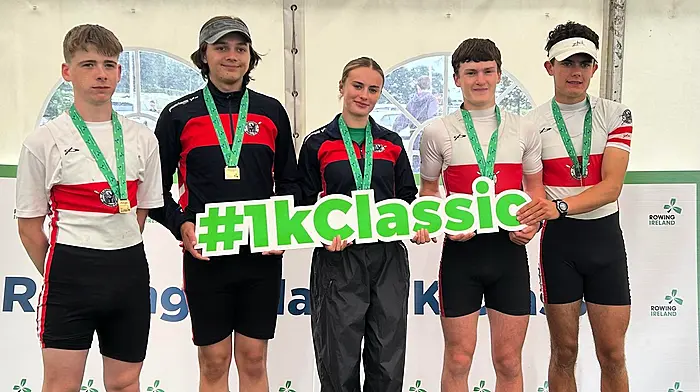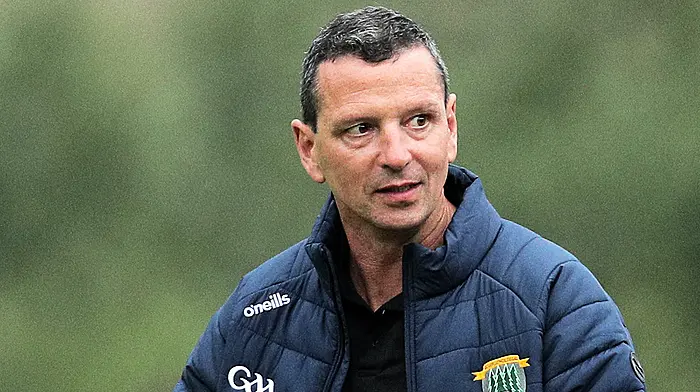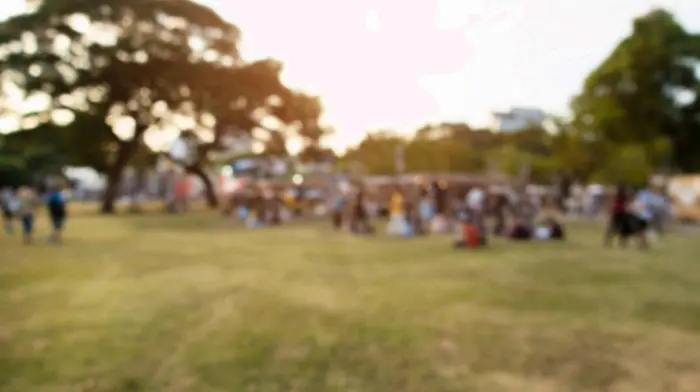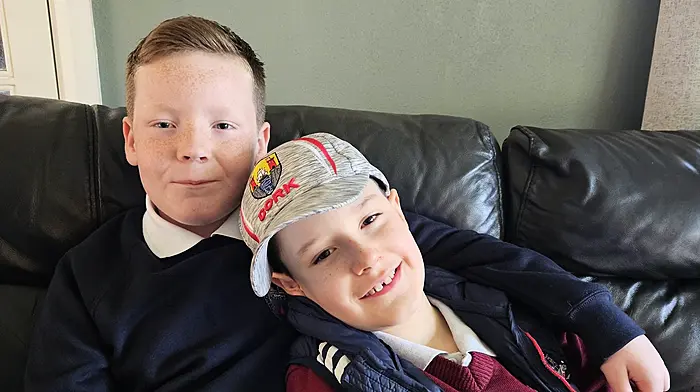New world rowing champion Sanita Puspure chats to KIERAN McCARTHY about her gold-medal winning performance, how her keep it simple approach is working and why the hugs were so much tighter when she came home
New world rowing champion Sanita Puspure chats to KIERAN McCARTHY about her gold-medal winning performance, how her keep it simple approach is working and why the hugs were so much tighter when she came home
**********
GERRI McCaffrey was sat at her home in Dublin, crying in delight.
She was just after watching Sanita Puspure power to gold in the women’s single sculls at last month’s World Rowing Championships in Plovdiv, Bulgaria.
This wasn’t an Irish woman’s first gold at a senior worlds, Sinead Jennings in the lightweight single has that honour from 2001, but Sanita is the first Irish woman to win gold in an Olympic-class boat at a senior worlds – that means a lot to McCaffrey. She was a trailblazer, in the dominant Commercials coxed four that ruled Irish women’s rowing in the early to mid-1970s.
She is also a history-maker, part of the first Irish women’s crew to compete at a World Rowing Championships. That was in 1975, Nottingham. Three Commercial rowers (Gerri, Tina Kavanagh and Olive Midleton), a Skibbereen rower (Nuala Lupton) and a Commercial cox (Mary Hutchings), they paved the way for future Irish women.
That four finished eleventh overall, but more important was that they had put Irish women’s rowing on the map. So did Sanita at the recent worlds. Her gold means a lot.
‘Sanita getting that medal. I was sitting at home, bawling my eyes out and saying you don’t know how long we have waited to see a moment like that and a medal,’ Gerri says.
There was an outpouring of joy from the rowing community and beyond. We’re used to the O’Donovan brothers stealing the headlines, but we have an Irish rower as the best in the world, too.
‘I felt so much support from everyone in the rowing community going into these world championships,’ Sanita says.
‘Even after consistently winning medals in the world cups during the season, I could feel the support. I didn’t have to say it. I could feel it. It was amazing.
‘Coming back home, I got so many messages, I couldn’t reply to them all. It was so, so rewarding that people were so happy for me winning.
‘At the homecoming at the National Rowing Centre, all the handshakes were so much stronger and longer, and all the hugs were tighter. It means so much. It’s not just me, it’s the whole rowing community that is enjoying this.’
***********
Sanita’s success is a huge boost to women’s rowing in Ireland.
It was a good worlds for the Irish women. Aifric Keogh and Emily Hegarty made it to the A final of the heavyweight women’s pair, while Denise Walsh and Aoife Casey finished 13th overall in the lightweight double.
But Sanita is the golden girl.
She’s had to wait for a moment like this.
Born in Latvia, she moved to Ireland in 2006 – setting up home in Ballincollig – and first represented her adopted country on the international stage four years later. She’s worked extremely hard but never won a world championship medal. She had plenty of near misses. Including a fourth place finish at a previous world championships.
The past two Olympics, in Rio and London, didn’t work out for her either, failing to make it out of the heats and finishing both Games with a 13th place overall finish.
That was her fear, to be disappointed again. So becoming world champion was a completely new, and welcome, feeling.
‘After I came home I had to watch the final again to remind myself what I had done, to see if it really did happen,’ Sanita says.
‘You come back home and you’re in a weird place – you’re still the same person but you have achieved something that everyone is very excited about.’
Sanita was dominant on the super Sunday in September. She didn’t just beat reigning champion Jeannine Gmelin into second place, she ripped the field to shreds with a sensational row. She won with a clear stretch of water to spare.
The water had been choppy, not her favoured conditions, but it didn’t knock her off course this time.
‘It turned out even better than I wanted,’ she says.
‘I wasn’t expecting to win by such a margin. I was worried before the race how I would handle certain conditions, it was getting a little tricky. When I was sitting in the tent before the final, it was actually lifting off the ground. It was quite windy. I was getting a little bit worried but I was telling myself to do the best I can, whatever I get I’ll get.
‘I managed conditions quite well because I didn’t let them worry me too much.
‘I was ready for a bigger fight, especially towards the end. When I won I didn’t think it was that much. It was when I watched it, I could see how big it was. You’re in a bubble when you’re racing and you don’t pay attention to those things.’
***********
The 36-year-old will tell you herself that this has been her most enjoyable year rowing.
She’s happier with her set-up now than at any time before.
There have been three different coaches in three years. Don McLachlan. Then Sean Casey. And now David McGowan. Programmes were changed. The consistency wasn’t there. And she felt it.
‘It is hard to change coaches all the time. The boys (Gary and Paul O’Donovan) have Dominic (Casey) all the time – they know him inside out, he knows them – so they have developed that partnership. You have to trust the coach and he has to trust you, that’s easier to do when you know each other very well,’ Sanita says.
‘I was getting upset all the time when I was changing coaches but then last year, I had a bit of a pity party and I decided that was enough. I decided to take charge of my own career and not let it effect me any more because it was too emotionally and physically draining. I rely on myself a lot now.
‘Every coach has given me a different tool box, they have all taught me something that I can use now. I know now I won’t panic if I have no coach for a week because I know what to do when to get on the water. Once I have a programme I’ll be fine.’
Last year at the world championships in Florida with her former coach Sean Casey, they decided on a keep it simple approach. It worked.
‘This season has been the most pleasant for me,’ she explains.
‘The goal was to keep everything around racing as simple as possible. That’s something I tried at the worlds last year with Sean Casey, my previous coach. We discussed it a lot and decided that was the way to go; no need to stress, all the hard work was done.
‘Every regatta I went to this year I tried to keep that legacy, keep the same routine, keep it very simple and easy. It works. I really enjoyed racing. I’m going to try and keep that mentality until I retire. I hope it works next year as well.’
Next year is a big one with Olympic qualification on offer at the 2019 world championships in Austria. That will be a big target.
She has room for improvement too, she insists. She can get better. And is working towards minimising the faults she sees. That’s a scary proposition for the world of single scullers: the world champion is going to get better. She has that winning feeling now.

